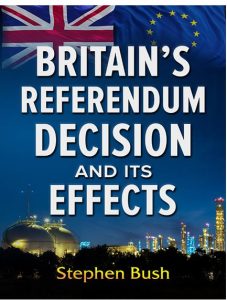A letter to the Daily Telegraph which was published on 29th April 2000.
The proposal by Lords Owen, Healey and Prior to extend the referendum principle to Government Bills of “first class constitutional importance” (report, 26th April) is a welcome move towards a more direct democracy in this country, but it could be carried much further.
Switzerland has long had both a right of Initiative and a right of Optional Referendum which are triggered by a minimum number of electors, 100,000 in the case of the Initiative, 50,000 in the case of the Referendum. In addition, all government proposed constitutional change is automatically subject to Referendum.
The Initiative allows electors to put their own proposal for constitutional change to popular vote, along with the government’s counter-proposal. Scaled to the British population, this would required about 850,000 electors. There is a minimum time before essentially the same proposal can be voted on again.
The Optional Referendum right allows electors to call for any Government measure to be put to popular vote. Scaled to the British population this would require about 425,000 electors to obtain a referendum.
Of course such a massive extension of democratic rights, which can be extended down to local government level too, would be resisted by most of the political class. But with government by representative democracy giving way to government by pressure group, it may well be that the people themselves would welcome direct democracy à la Suisse.


